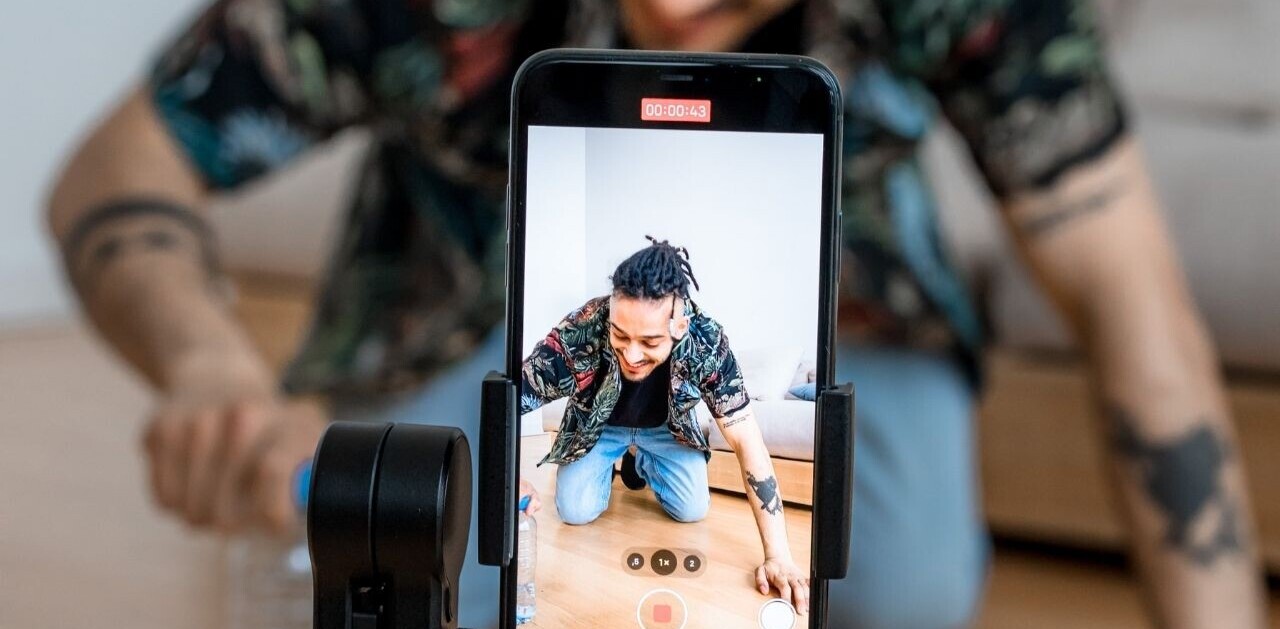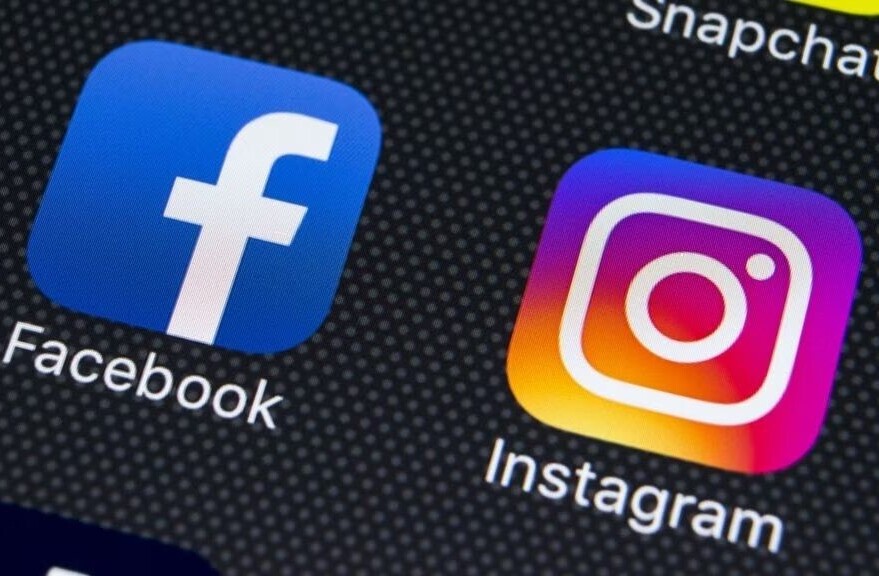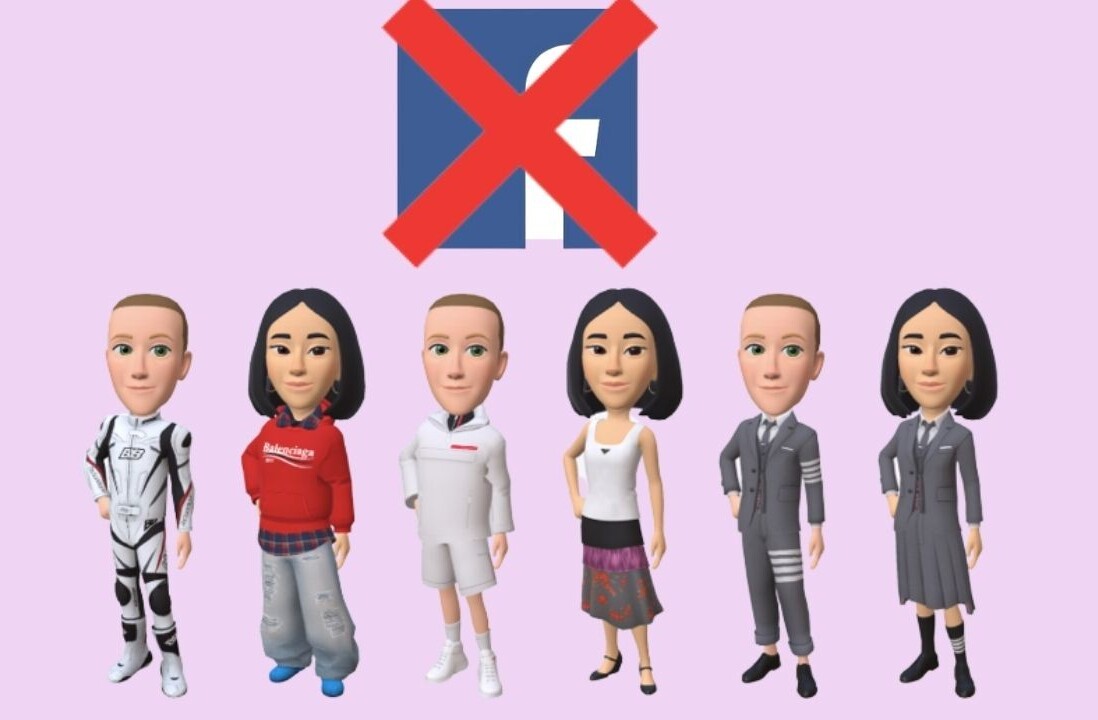
Following the update of Facebook for Android, Facebook Messenger for Android, Facebook for iOS and Facebook Pages Manager for iOS today, the social networking giant has even more news to share: a new schedule for mobile app updates. While Facebook mentioned it last week, the company today officially announced it will now release a new mobile app for both platforms every four to eight weeks.
This applies to Facebook for iOS, Facebook for Android, Facebook Messenger, and Facebook Camera. Facebook Pages Manager, which was updated this week, was not named.
Previously, Facebook would release mobile apps based on when a certain number of features were ready. There was a problem though: “We’d decide on a bundle of features, furiously work on them, test them, and ship. Great updates we had already finished sometimes took longer to get into people’s hands because we often had to wait for additions and tweaks that threw us off schedule.”
Now, Facebook will be releasing updates based on timeframe goals it sets for itself. The point is to still ship quality updates, but faster, and thus more frequently. Here’s Menlo Park’s reasoning:
We now schedule predictable and explicit dates when we cut from mobile feature development to testing, stabilization, and polishing. This allows engineering to move fast, keeps the apps in a shippable state, and generally removes ambiguity about when code will ship. Moving to a date-driven model means that stability and performance updates, or user-ready features, don’t need to wait on another feature to ship.
The company says that in the last few months, it ported its Facebook.com release process (the site is updated twice every single day) to the mobile world in the hopes of more rapidly improving performance, adding features, and increasing stability. While Facebook updates its site daily, it of course can’t do the same for mobile apps, for multiple reasons.
First, it’s easier for code to cause an app to crash on mobile than bring down an entire Web site. Second, Web software allows you to gradually roll out and make updates before you roll out to the majority of users, which isn’t as easy on mobile. Last but not least, when something does go wrong, mobile products take longer to diagnose and fix, while a Web site can easily be reverted to the previous version.
Still, Facebook is promising to speed things up on mobile. To prove it, the company underlined that today’s Facebook for Android update came just four weeks since the last version. Furthermore, Facebook already has another update slated for next month.
Image credit: stock.xchng
Get the TNW newsletter
Get the most important tech news in your inbox each week.




